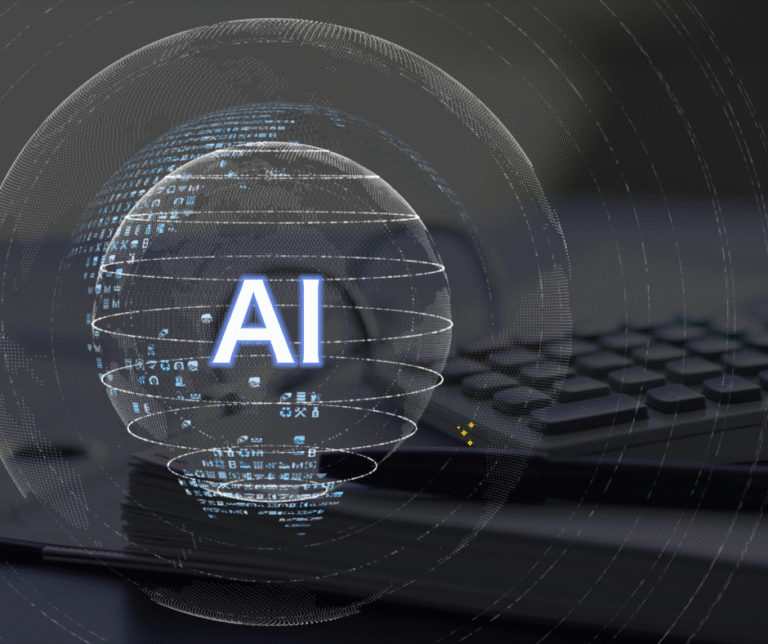ArtificialIntelligence (AI) is no longer a concept reserved for science fiction. It’s now an integral part of our everyday lives—transforming industries, enhancing productivity, and changing the way we interact with technology.
What Is Artificial Intelligence?
At its core, Artificial Intelligence refers to the ability of machines to perform tasks that typically require human intelligence. These tasks include learning from experience, recognizing patterns, understanding natural language, and making decisions. AI systems can be as simple as a chatbot or as complex as a self-driving car.
Types of AI
AI is often classified into three categories:
-
Narrow AI: Also known as weak AI, this type of intelligence is designed to perform a specific task. Virtual assistants like Siri or Alexa fall into this category.
-
General AI: This is the level of AI that can understand, learn, and apply knowledge in a wide range of tasks—much like a human. This form is still under development.
-
Superintelligent AI: A theoretical concept where AI surpasses human intelligence in all fields. While exciting, it also raises ethical concerns.
Real-World Applications
AI is being used in various sectors, including:
-
Healthcare: Assisting in diagnosis, drug development, and personalized treatment plans.
-
Finance: Automating trading, detecting fraud, and managing risk.
-
Transportation: Powering autonomous vehicles and improving logistics.
-
Retail: Enhancing customer experience through recommendation engines and chatbots.
-
Education: Offering personalized learning and automating administrative tasks.
Benefits of AI
The advantages of AI are vast. It can work around the clock without fatigue, process large amounts of data quickly, and improve efficiency. AI can also help solve complex problems—like predicting natural disasters or optimizing supply chains.
Challenges and Ethical Concerns
Despite its potential, AI comes with its own set of challenges:
-
Job Displacement: Automation may lead to the loss of certain types of jobs.
-
Bias and Fairness: AI systems can inherit biases present in their training data.
-
Privacy: The use of AI in surveillance and data collection raises privacy concerns.
-
Control: As AIsystems become more autonomous, ensuring they behave as intended is critical.
The Future of AI
AI continues to evolve rapidly. With advancements in machine learning, neural networks, and natural language processing, the next decade will likely bring even more innovative applications. However, it’s important that these developments are guided by ethical frameworks and regulations to ensure AIbenefits society as a whole.
Final Thoughts
Artificial Intelligence is a powerful tool that, when used responsibly, can lead to remarkable progress. Whether it’s in your smartphone or helping doctors save lives, AI is already shaping our present—and will certainly define our future.
#ArtificialIntelligence
#AI
#FutureOfAI
#MachineLearning
#VibesChanger
#BuzzCreatorsDigitalMedia


1 Comment
Pingback: Understanding Artificial Intelligence: How AI is Reshaping Our World - Vibes